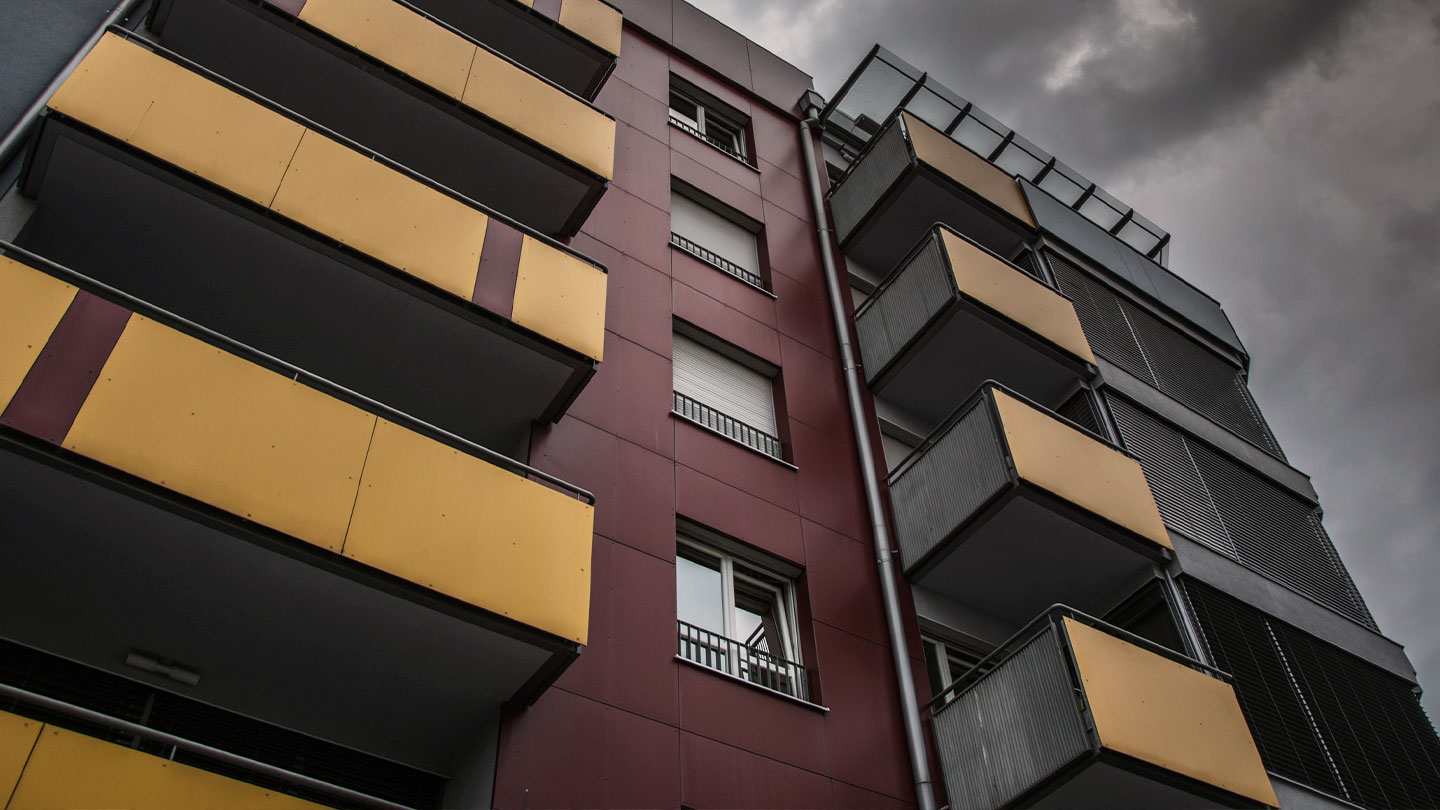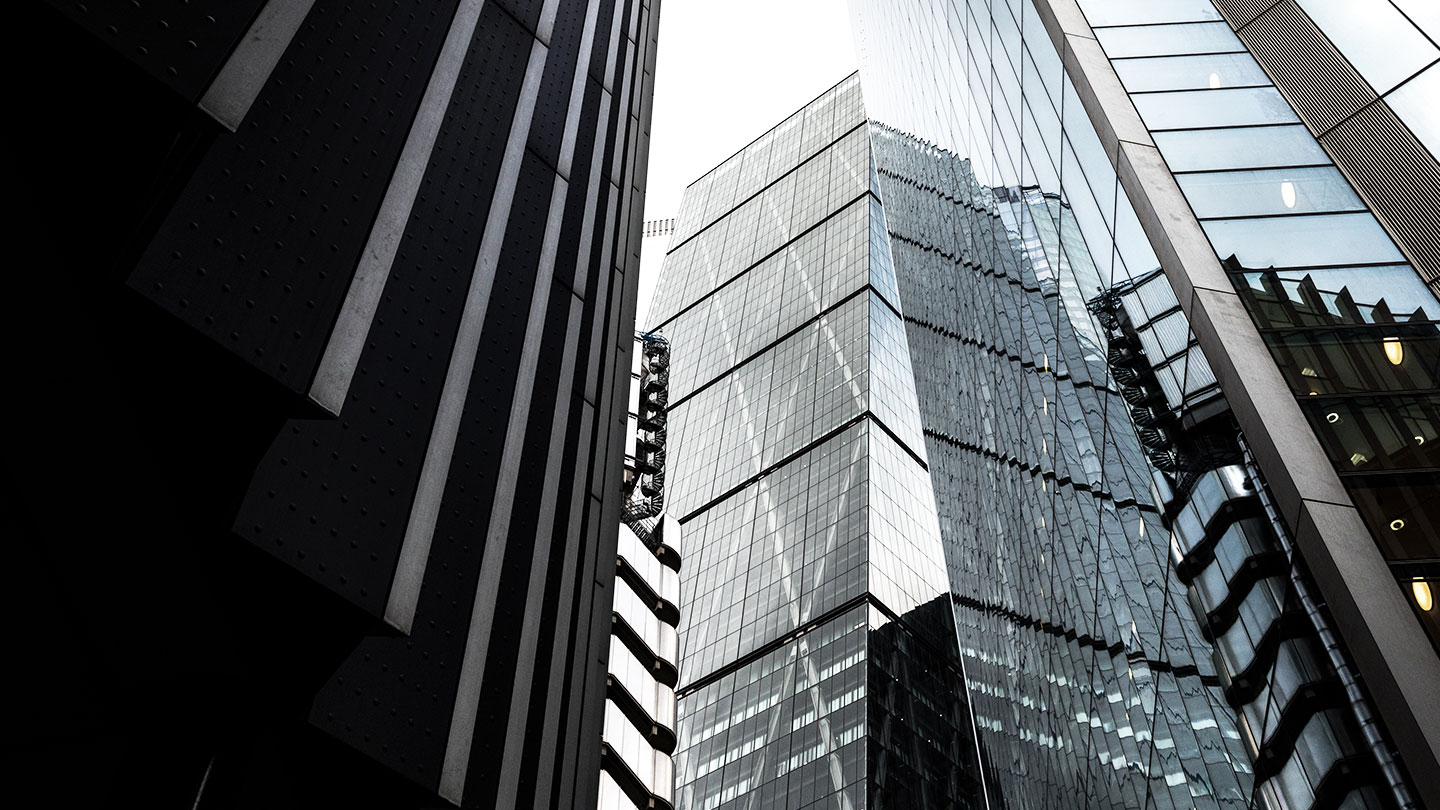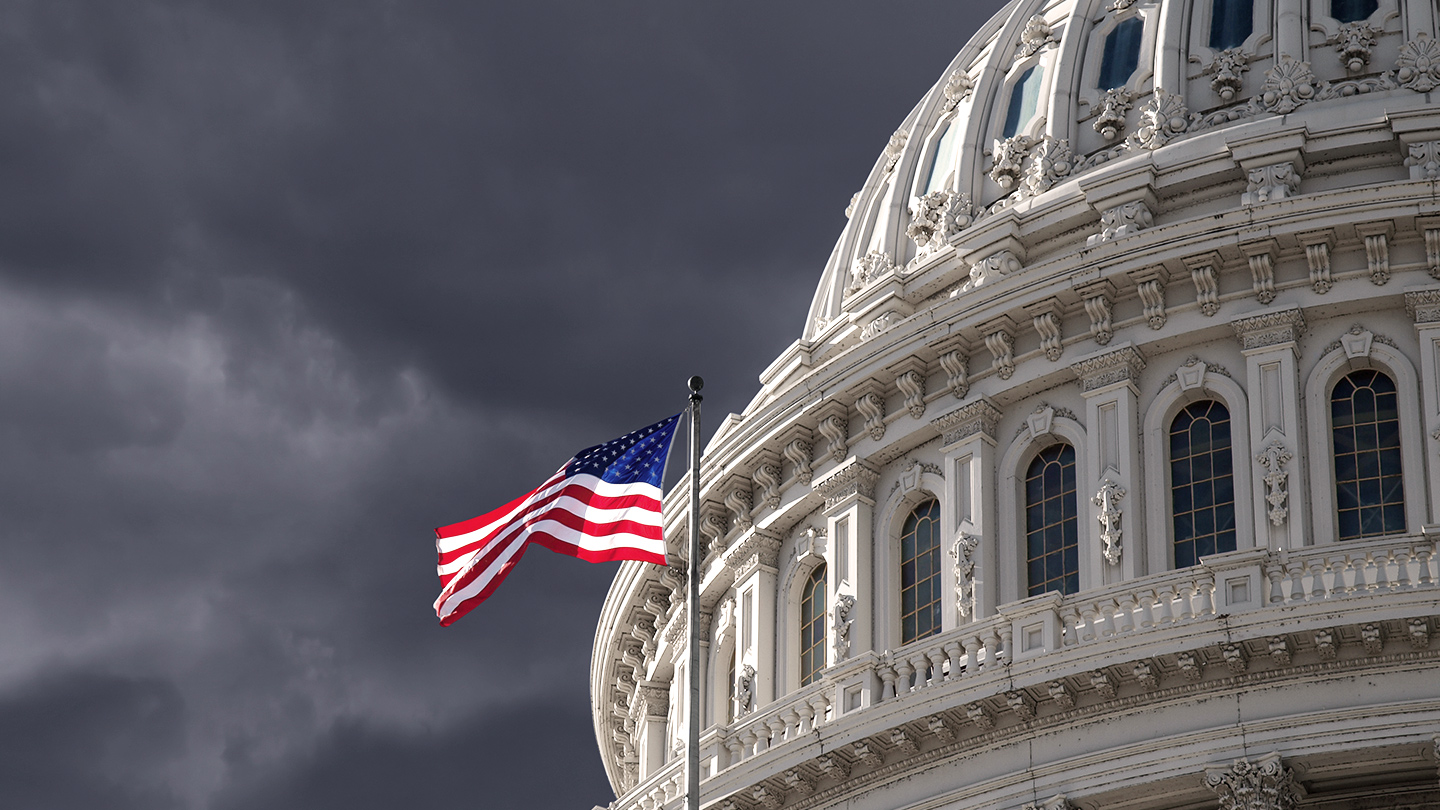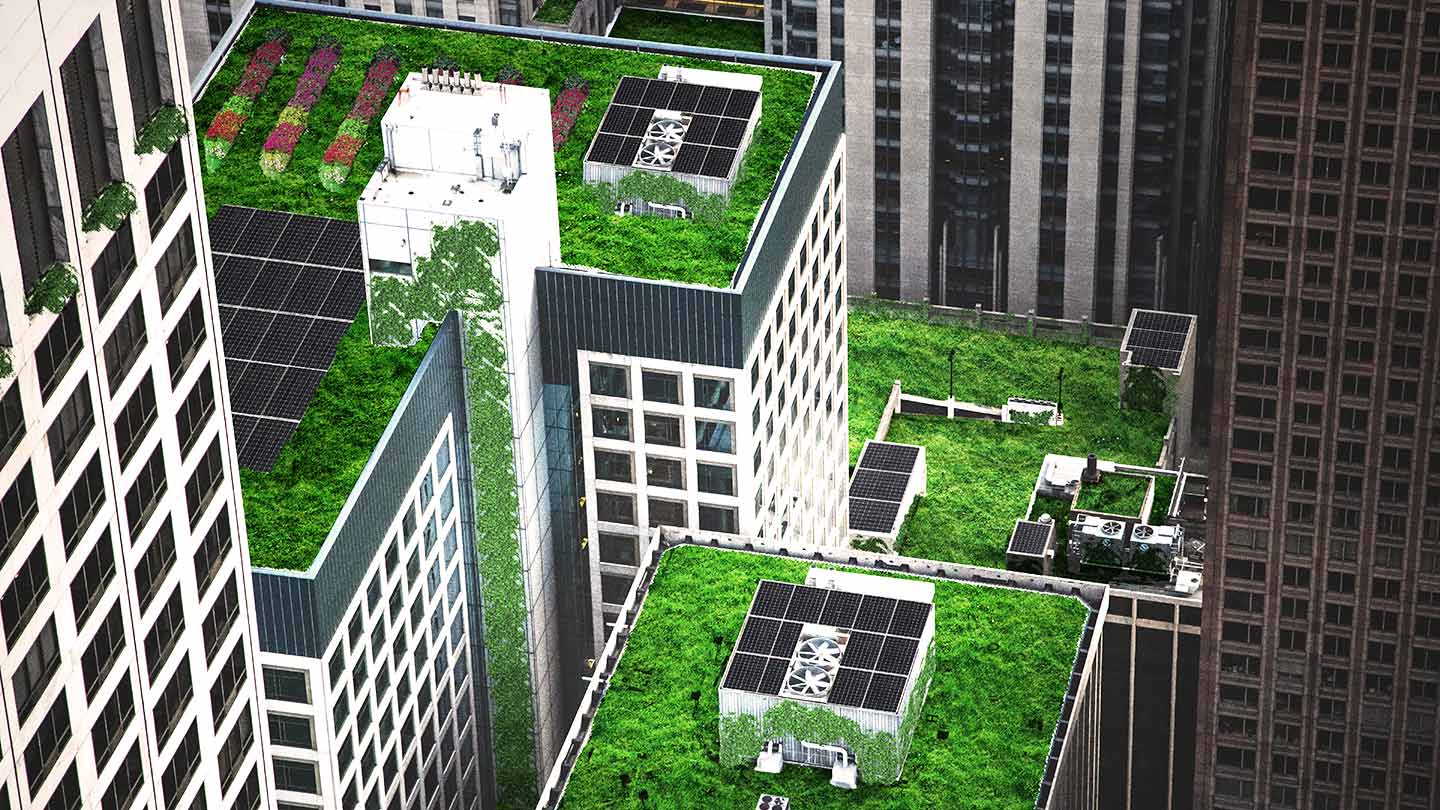
4 min read
You can’t control when natural disasters strike. But developing a business resiliency strategy can help you minimize disruption to operations, properties and residents.
In 2024 alone, there were 27 U.S. weather and climate disasters resulting in $1 billion or more in damages, according to the National Oceanic and Atmospheric Administration.
Nick Thornton, Head of Operational Resilience for Global Banking at J.P. Morgan, shared a five-step process commercial real estate owners can use to prepare for wildfires, floods, hurricanes and other extreme weather.
Our team can help you prepare for disruption with financial solutions that fit your multifamily business.
1. Identify and assess disaster risk
A resilience strategy starts with identifying the hazards your multifamily operations face. The Federal Emergency Management Agency (FEMA) has resources designed to help businesses prepare for disasters, including tools for assessing natural disaster risk from hurricanes, floods, earthquakes and other hazards.
Consider how internal weaknesses such as outdated systems, inexperienced staff and structural concerns may affect your ability to weather natural disasters. Don’t forget to examine third-party providers you rely on, such as utility providers, and account for their vulnerabilities.
2. Design and communicate plans
Once you’ve identified the natural disaster hazards your business faces, develop a business resiliency plan for each scenario.
- Focus on essential services: Start by identifying your essential processes and services and assessing how a natural disaster could affect them. “This approach can help you identify alternative ways to provide those in the event of disruption and manage your resources so you’re focused on the most critical services to get back up and running,” Thornton said.
- Address renters’ evolving needs: Consider how weather-related disruptions affect your renters. For residents who work from home, severe weather can disrupt their ability to access work and essential services. Power and internet outages may also interfere with smart building technology. You may want to prioritize internet access along with water, heat and power to support residents’ needs.
- Prepare staff and residents: Communication is key to preparing everyone at your properties for emergencies. Educate your staff on business resiliency plans, including where to find emergency procedures, roles and responsibilities in a disaster, who to contact for assistance and how to manage natural disasters’ potential impacts on your renters. Renters, meanwhile, should have clear information on evacuation routes, shelter plans and emergency contacts.
When communicating preparedness information, “simplicity is everything,” Thornton said. “Start with the audience and what they need to hear, and don’t overcomplicate it.”
3. Put plans to the test
Ensuring your business resiliency plan is solid and your team is ready to put it in practice during a natural disaster requires two types of preparation:
- Testing verifies whether plans work as designed. You might run a call tree or emergency notification system test to ensure your contact lists are up to date and you can reach all staff and residents in an emergency.
- Simulations bring relevant people across your multifamily properties—staff, third-party providers and potentially renters—together to practice responding to a specific disruption. They can include fire, hurricane, tornado and power outage drills.
For example, when simulating a storm that damages your property and leaves renters without power, consider:
- Extent of the damage: Are there any areas that need to be closed off for safety? How long will it take to make repairs? Is the damage covered under insurance policies? If an evacuation is ordered by local authorities, do you have a plan to support renters during and after the process?
- Contacting staff and renters: Do you have updated contact information? How will you reach people if they can’t access their phone or email? Do you have alternative contacts?
- Measures to take during a power outage: Do you know which utility providers to call for updates? Do you have an electric generator to use until power returns?
Both tests and simulations can help you identify ways to strengthen your preparations. Conducting these exercises on a typical day is important so your organization and stakeholders are ready if a disruption occurs.
They should occur on a regular basis and shouldn’t be treated as “check-the-box exercises,” Thornton said. “You can’t practice in the middle of an incident.”
4. Respond and review
After both simulated and real incidents, look for lessons that can leave your team and properties better prepared for the next natural disaster. In addition to solving specific problems that arose, identify takeaways that could apply to other properties in your portfolio or other types of hazards.
“It requires honesty and self-awareness, and a willingness to say ‘We got this wrong,’” Thornton said. “A lot of organizations aren’t great at that, and it requires the right tone from the top.”
5. Monitor and update plans
Business resiliency plans should be updated regularly to reflect changes at your properties or evolving hazards.
It’s also important to monitor compliance with your business resiliency plan. For example, are you conducting tests, simulations and resiliency plan reviews as scheduled? Have vulnerabilities identified during tests been addressed? Is your commercial real estate insurance appropriate for your properties’ condition and the hazards they face?
“Resilience isn’t a niche thing—resilience is everybody’s business,” Thornton said.
Severe weather events are on the rise. These tips can help you prepare by making properties more climate-resilient.
JPMorgan Chase Bank, N.A. Member FDIC. Visit jpmorgan.com/commercial-banking/legal-disclaimer for disclosures and disclaimers related to this content.







